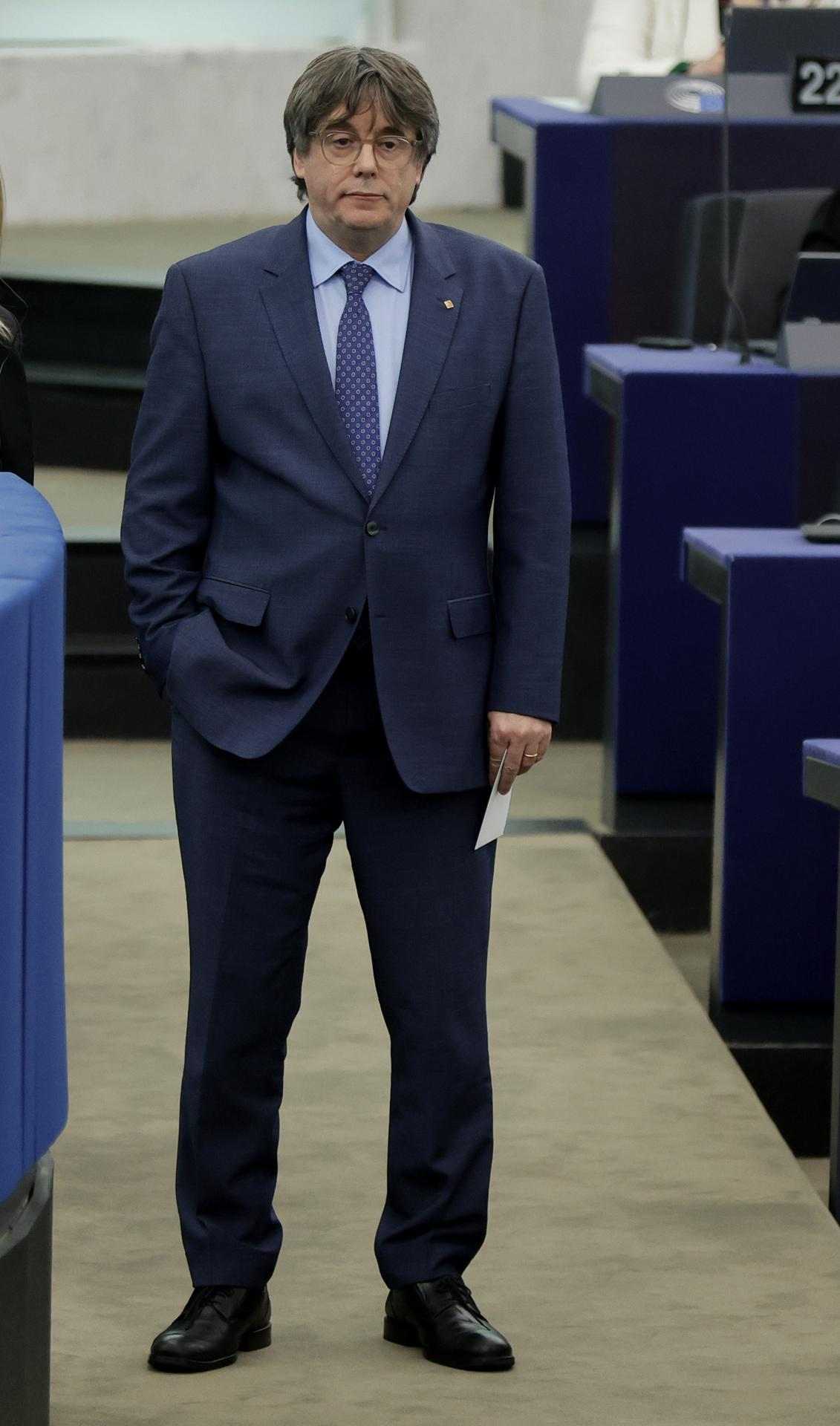Aleksei Navalni's death has shaken the political landscape. Since the prison services reported the death of the 47-year-old Russian opposition leader to Vladimir Putin, reactions across Europe have been swift. The Catalan president in exile, Carles Puigdemont, published a message on X (formerly Twitter) in which he expresses his condolences for Navalni's death and sees in this event "the weakness of the Russian regime". Specifically, Puigdemont states that "the death of Navalni in a Siberian prison is terrible news for democracy and exposes to the world the weaknesses of the Russian regime" of Putin, whom he accuses of "silencing and persecuting political dissidence by all means". "May he rest in peace," he said, referring to the Russian opposition leader.
The death of Navalny in a Siberian prison is terrible news for democracy and exposes to the world the weaknesses of the Russian regime, which silences and persecutes political dissent by all means. Rest in peace. https://t.co/xrgm1j9gw3
— krls.eth / Carles Puigdemont (@KRLS) February 16, 2024
Judge Joaquín Aguirre recently extended one of the legal proceedings of the Volhov case linking Puigdemont to the alleged Russian plot, arguing he had received an "anonymous letter" with press clippings explaining that the president had allegedly received an emissary from his Russian counterpart, Vladimir Putin, a few hours before the vote on the declaration of independence in the Parliament of Catalonia on 27 October 2017. Carles Puigdemont is openly critical of the Russian "regime".
The prison services' statement on Navalni's death
The news of the death of the Russian opposition leader Aleksei Navalni was announced in a communiqué from the Federal Penitentiary Service of Iamal, which explained he had been found dead in the colony where he was imprisoned (Kharp), a town in the autonomous district of Iamalo-Nenets, 60 kilometres from the Arctic Circle. According to the text, Navalny "reportedly felt unwell after a walk and almost immediately afterwards lost consciousness". "All the necessary resuscitation measures were carried out, but they did not produce a positive result," the report said. Putin's main critic was serving a 30-year prison sentence for the crimes of extremism and fraud. However, his collaborators warned of the risk Navalni faced while being imprisoned and that he could be transferred to a "special regime" prison (the most severe) because of the convictions for these acts.
The European Union has also commented on the death of Aleksei Navalni and pointed the finger directly at Russia. The President of the European Council, Charles Michel, said that the EU club "holds the Russian regime solely responsible for this tragic death". In a publication on X, Michel added that "fighters die, but the fight for freedom never ends". NATO President Jens Stoltenberg called for clarification and directly questioned the Russian government: "You have to answer serious questions".

